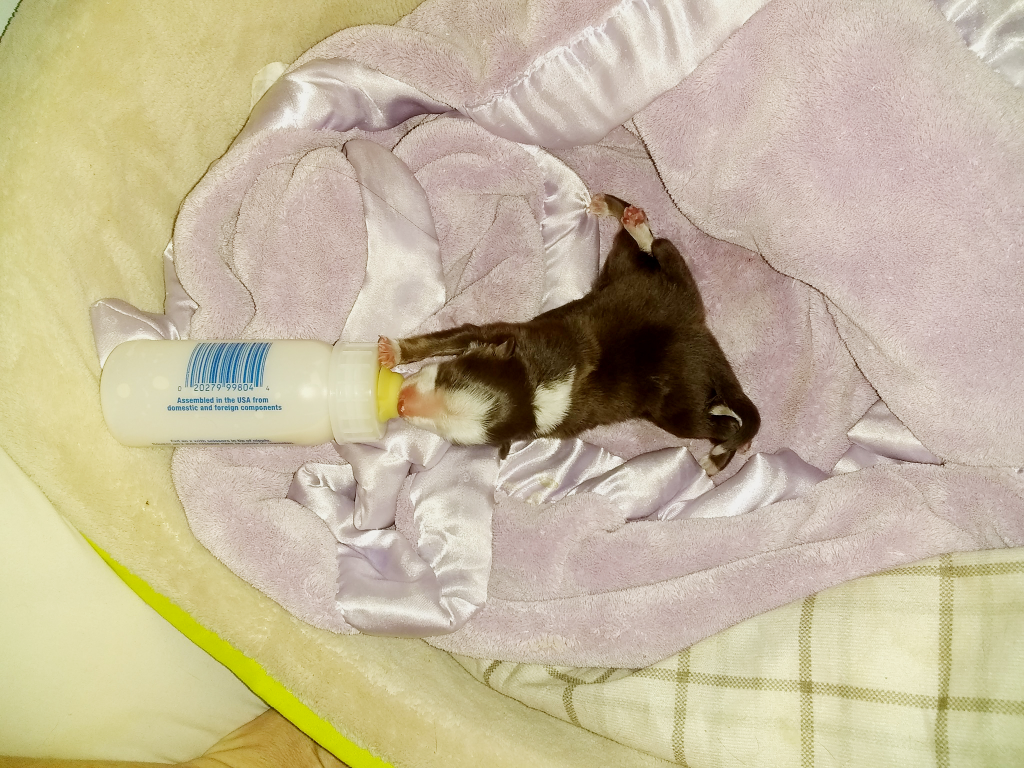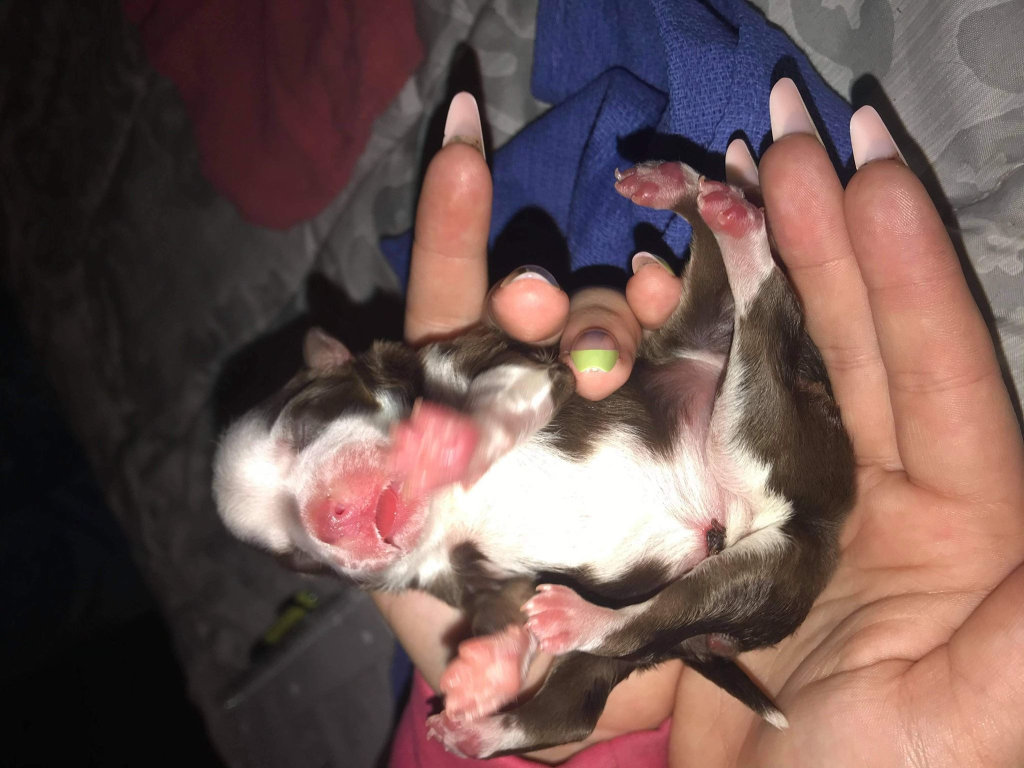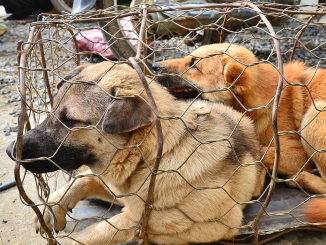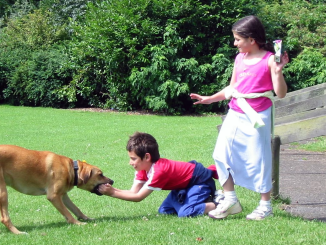Results indicated that not only can dogs detect Covid faster, but they can also do so in a non-intrusive manner – so no need to swab your throat or nose

Dogs can detect Covid-19 faster and more accurately than a PCR test, a new study shows.
Researchers looked at the ability of canines to recognise the virus and its variants, even when they are obscured by other viruses, like those from common colds and flu.
More than 400 scientists from over 30 countries contributed to the study as well as 147 scent dogs, according to the findings published in the Journal of Osteopathic Medicine.
After analysing many studies covering both field and clinical experiments, Professor Dickey and Junqueira found that dogs who are trained to sniff out scents are “as effective and often more effective” than antigen tests.
A total of 53 dogs were trained to sniff out Covid scents, while 37 were not and scientists found that the dogs that were not trained were in some cases “slightly superior” to those that were pre-trained.
“The previously untrained dogs have the advantage that they are not as prone to indicating on scents other than the Covid–19 associated scent,” the paper said.
The results indicated that not only can dogs detect Covid faster, but they can also do so in a non-intrusive manner. This means you won’t need to put a swab in your throat or nose.
How can dogs detect the virus?
This essentially comes down to the dog’s highly evolved nose with its ability to sense out smells quicker.
Dogs possess up to 300 million olfactory receptors in their noses, compared to about six million in humans. And the part of a dog’s brain that is devoted to analysing smells is about “40 times greater” than humans. Canines also have ‘neophilia’, which means they are attracted to new and interesting odours
And so, with all these enhancements, dogs can detect very low concentrations of odours associated with Covid infections.
“They can detect the equivalent of one drop of an odorous substance in 10.5 Olympic-sized swimming pools,” Professor Dickey said. “For perspective, this is about three orders of magnitude better than with scientific instrumentation.”
Scientists also found that in some cases, the animals were also able to detect the virus in pre-symptomatic and asymptomatic patients, “whose viral load was too low for conventional tests to work.”
Professor Dickey has said that dogs can also differentiate Covid and its different variants in the presence of other respiratory viruses. This included the common cold or flu.
“They’re much more effective. In fact, one of the authors that we quote in the paper commented that the RT-PCR test is not the gold standard anymore. It’s the dog. And they’re so quick,” he added. “They can give you the yes or no within seconds if they’re directly smelling you.”

How was the study conducted to see if dogs can really detect Covid-19?
In some studies, the dogs gave a person a quick sniff, sitting down to see if the person has Covid. In another study, the dog was given a sweat sample to smell for a few minutes.
The press release has said that scent dogs, such as beagles, basset hounds and coonhounds are the ideal candidates for sniffing out the virus, given their “natural tendencies to rely on odours to relate to the world.”
But the studies which the researchers analysed showed a variety of dogs were up for the challenge and were able to sniff out the Covid odour. With a few weeks of training, puppies, older dogs, purebred and mixed breeds, both male and female were able to sniff such odours out and “all performed admirably,” the Eureka Alert press release said.
Although there has been success with dogs detecting such viruses, researchers believe there are still many challenges with using dogs for medical diagnoses.
“There’s quite a bit of research, but it’s still considered by many as a kind of a curiosity,” said Professor Dickey.
In conclusion, Professor Dickey and Junqueira said after reviewing the studies, believe that scent dogs deserve “their place as a serious diagnostic methodology that could be particularly useful during future pandemics, potentially as part of rapid routine health screenings in public spaces.”
“Perhaps, most importantly, we argue that the impressive international quality and quantity of COVID scent dog research described in our paper for the first time, demonstrates that medical scent dogs are finally ready for a host of mainstream medical applications,” they added.
“Miracle Pup: Six-Legged, Double-Tailed Canine Defies Expectations and Flourishes!”
In our diverse world, individuals from both the human and animal kingdom can be born with unforeseen physical abnormalities. While some are greeted with open arms and acceptance, others are subjected to unfavorable treatment and exclusion due to their distinctive traits. An exceptional puppy named Skipper, with six legs and two tails, had to overcome numerous obstacles as she was abandoned by her mother.

Meet Skipper, a delightful crossbreed of Australian Shepherd and Border Collie. She was born on February 16 in Oklahoma alongside eight other siblings, but her situation was far from typical. Unlike her healthy brothers and sisters, Skipper was born with a combination of congenital conditions that made her case a truly miraculous one. In fact, she is believed to be the first of her kind to survive with these conditions. Sadly, her mother abandoned her, but fortunately, she was taken in by Neel Veterinary Hospital where she received the care she needed. Neel Veterinary Hospital recently shared her heartwarming story on their Facebook page.

Have you ever heard of Skipper, the remarkable canine? Well, this furry friend is anything but ordinary. It turns out that Skipper’s uniqueness stems from a rare condition that resulted from her mother’s pregnancy. Vets at the hospital believe that Skipper’s unusual state was caused by an incomplete split of an egg that was supposed to develop into twins. Fascinating, isn’t it?
Despite the challenges Skipper faced early in life, she has managed to overcome them with her tenacity and the timely medical attention she received. Furthermore, Skipper has duplicate organs from her waist down, but they function correctly, ensuring that she stays healthy. All of these factors contribute to making Skipper an extraordinary and one-of-a-kind dog.

Skipper, the six-legged puppy, has been receiving a lot of love and support from people worldwide. Although some worry about her health, her caretakers have reassured everyone that she is doing great and is free from pain or discomfort. Neel Veterinary Hospital has no intention of euthanizing her as they believe that she will lead a happy and fulfilling life. They are excited to see where her journey takes her.
To keep everyone updated, the hospital has created a Facebook page dedicated to Skipper’s progress. The page has already gained over 55 thousand followers, which demonstrates the immense interest and support for Skipper and her unique story.



Leave a Reply